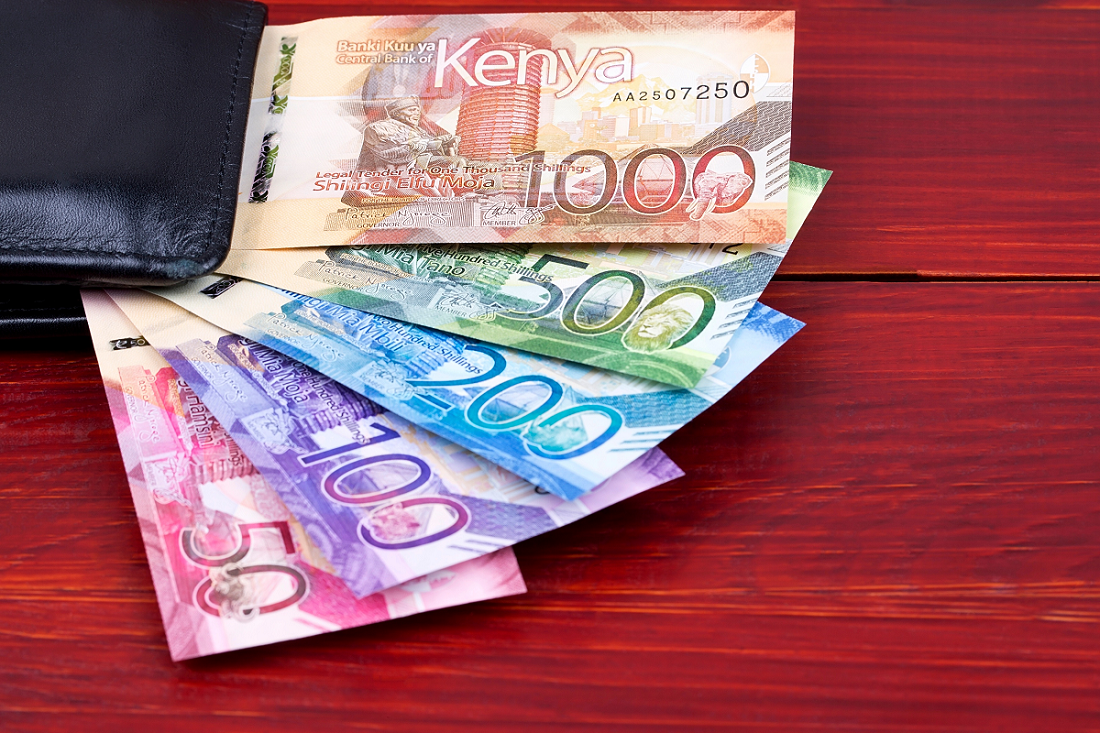Financial security and independence are dreams shared by many, but they require careful planning and action. One of the most effective ways to achieve these goals is through saving and investing. In this article, we explore the basics of saving and investing, discuss how much you should save, particularly as a percentage of your income, address the needs of the self-employed, and delve into important considerations before investing your hard-earned money.
Basics of Saving and Investing
Saving and investing are two essential components of a well-rounded financial plan. Saving involves setting aside a portion of your income for future use while investing entails putting your savings to work in vehicles that have the potential to grow your wealth.
Saving: When it comes to saving, consistency is key. Start by creating a budget that outlines your income and expenses. Identify areas where you can cut back and allocate those savings towards your financial goals. It’s advisable to maintain an emergency fund equivalent to 3-6 months of living expenses, providing a safety net in case of unforeseen circumstances.
Investing: Once you have built a solid foundation of savings, it’s time to consider investing. Investing offers the opportunity to grow your wealth over time. Different investment options include stocks, bonds, real estate, and starting a business. The choice of investment vehicle depends on your risk tolerance, financial goals, availability of capital, and timeline.
How Much Should You Save?
Determining the ideal amount to save depends on various factors, such as your income, financial goals, debt and lifestyle. As a general guideline, we recommend saving at least 10% of your monthly income. However, this percentage can vary depending on your specific circumstances.
See Also >> 7 Smart Ways To Save And Grow Your Finances
If 10% seems unattainable initially, start with a smaller percentage and gradually increase it as you make progress. Products such as the Zimele Savings Plan allow you to save a minimum of Ksh100.
Self-Employed & Informal Sector
Self-employed individuals and people working in the informal sector face unique challenges when it comes to saving and investing. Since their income may fluctuate, it’s crucial to create a consistent savings habit. Start by estimating your average monthly income and allocate a fixed percentage towards savings.
Alternatively, you can find a flexible plan that allows you to save at your own pace without any penalties. Something like the Zimele Savings Plan. This approach ensures you build a safety net for lean periods and consistently contribute to your long-term financial goals.
In conclusion, saving and investing are vital pillars of financial stability and growth. By following a disciplined saving routine, determining the ideal savings percentage, understanding the needs of the self-employed, and making informed investment decisions, you can pave the way to a brighter financial future.
Next Read >> Master These 8 Things Before Investing Your Money


![The deteriorating situation at the insurer has seen Xplico lose many of its customers. [Photo/ Xplico]](https://businesstoday.co.ke/wp-content/uploads/2023/06/images-51-150x150.jpeg)










Leave a comment